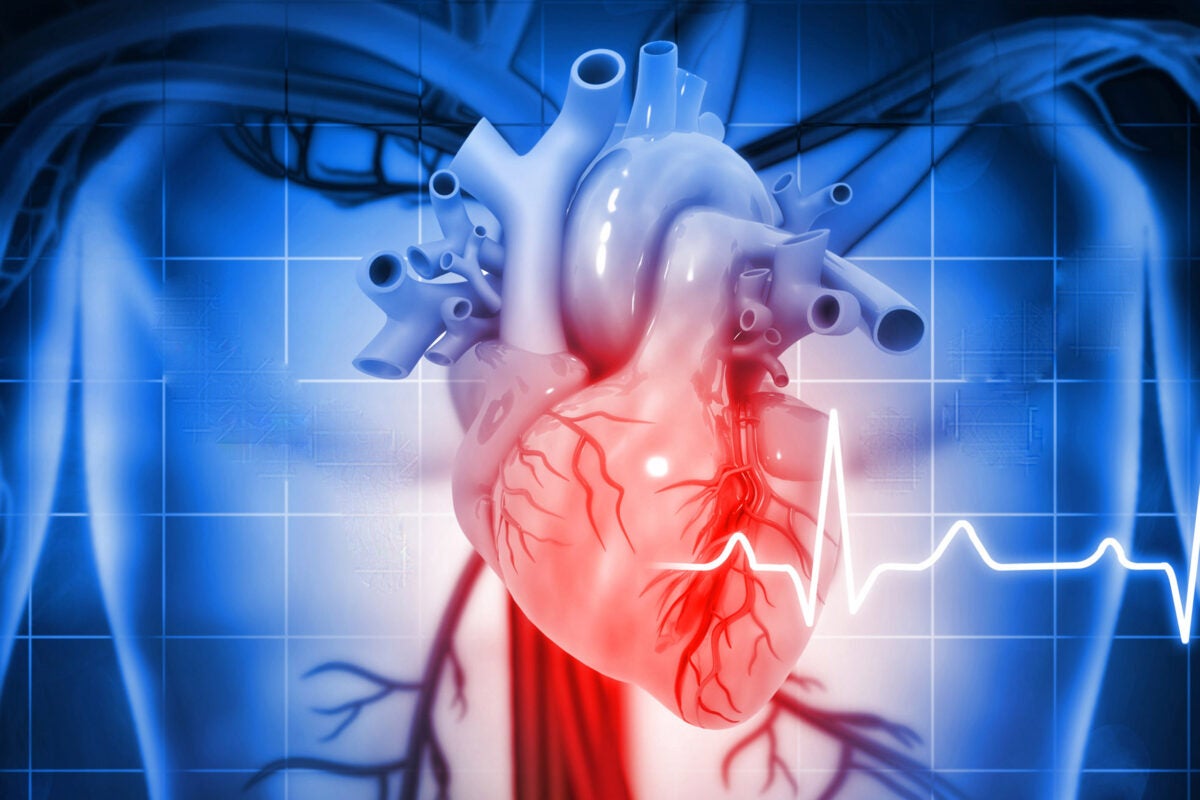Health
How exactly does ketamine work? New research offers insight.
Marc Duque Ramírez in the lab.
Photos by Grace DuVal
Anesthetic growing in popularity as game-changing therapy for severe, treatment-resistant depression
The anesthetic ketamine has become increasingly popular as a treatment for people with severe depression that resists conventional therapies. A number of studies have documented the drug’s game-changing effects, but scientists have been unsure exactly how it works. Now, a tiny, translucent fish appears to provide important new insights.
Zebrafish, a member of the minnow family popular as a model for neuroscience research and in home aquariums, do not get depressed, exactly. However, when placed in a virtual environment that simulates the lack of forward movement, they do seem to “give up” — that is, they stop swimming.
Researchers have leveraged this behavior, which is reminiscent of persistent traits in human depression, as well as the tiny fish’s see-through body to observe how their tendency to give up changes when ketamine is introduced. In research published last month in the journal Neuron, scientists at Harvard and the Howard Hughes Medical Institute Janelia Research Campus were able to trace the drug’s interaction with an unexpected neural partner.
Alex Chen (left) and Marc Duque Ramírez study the movements of zebrafish.
As in humans, ketamine makes zebrafish “more resilient to this kind of futility,” said Alex Chen, a Ph.D. student in the Engert Lab in Harvard’s Department of Molecular and Cellular Biology and the Ahrens Lab at Janelia, who co-authored the paper.
Most research attention has focused on neurons, said Chen and co-lead author Marc Duque Ramírez, but their team found that supporting cells called astroglia were the ones in play with this fish “depression” and its treatment.
When the fish first perceive they aren’t moving, activity in the astroglia cells ramps up, and the zebrafish begin to swim harder. The astroglia eventually reach a threshold that signals the fish’s neurons to stop swimming. Ketamine, however, appears to overstimulate the astroglia, making them less sensitive. This overstimulation, which occurs through its stimulation of noradrenergic neurons that activate astrocytes (like astroglia), paradoxically calms the “giving up” response, so the fish continues to swim.
“That was definitely a surprise for us,” said Chen. “We knew these cells were involved in the behavior, and so we are wondering whether giving the fish ketamine would affect these cells after the drug is washed out. But we had no idea that the cells would react so strongly to the drug.”
“We expected it to have the opposite effect,” added Duque Ramírez, a Ph.D. student in the Griffin Graduate School of Arts and Sciences who is also in the Engert Lab.
The first 10 seconds show the larval zebrafish at rest. When the pattern changes to one simulating being stuck in place, the ketamine-treated fish struggles at first, but does not give up as easily and is less passive than an untreated fish.
Credit: Duque, Chen, Hsu, et al.
Duque Ramírez explained that the drug alters calcium levels in the cells, blocking increases that usually lead to the “giving up” trigger. “The hypothesis we have is that by causing this hyperactivation of astroglia, it somehow readjusts the system to a new homeostatic set point where it takes a lot more calcium to induce giving up.”
While the study increases understanding of how ketamine works, the light it has shed on the role of astroglia is key.
“Astroglia cells have historically been thought to play more of a passive role in the brain,” said Chen. “More recently we have seen that these cells can act as active signaling partners to neurons. What seems to happen is that the astroglia cells respond to norepinephrine, which is a transmitter that is released in times of stress or high arousal. The effect in fish is that when these astrocytes are activated by norepinephrine, they suppress swimming, and the fish give up.”
But while the reaction sheds light on how ketamine works, the insight does not appear to apply to other drugs.
“We also tested a bunch of other antidepressants,” said Duque Ramírez. “With some of the psychedelic compounds, even though we saw the same effect behaviorally, they didn’t cause this increase in astroglia in calcium. We think that this could suggest that these other drugs are working on parallel pathways, that they might eventually converge into the same targets, but that this effect was very specific to ketamine.”
“Most of the work being done right now on ketamine and other fast-acting antidepressants has focused primarily on their effects on neurons,” said Chen. “It seems possible that by ignoring these other cell types in the brain, it’s been an obstacle in how the field understands how these drugs work.”
This research was partially funded by the National Institutes of Health and the National Science Foundation.














